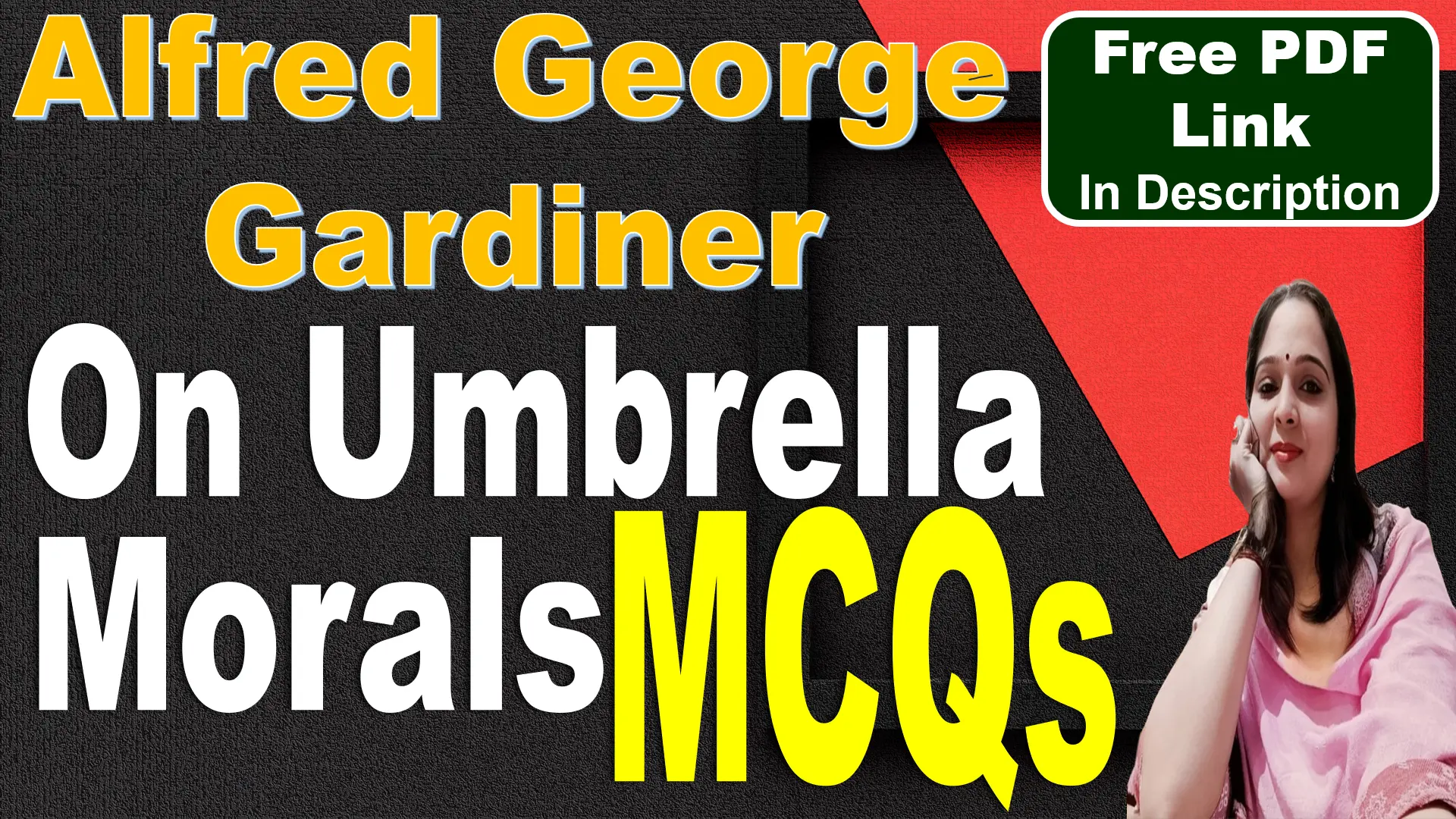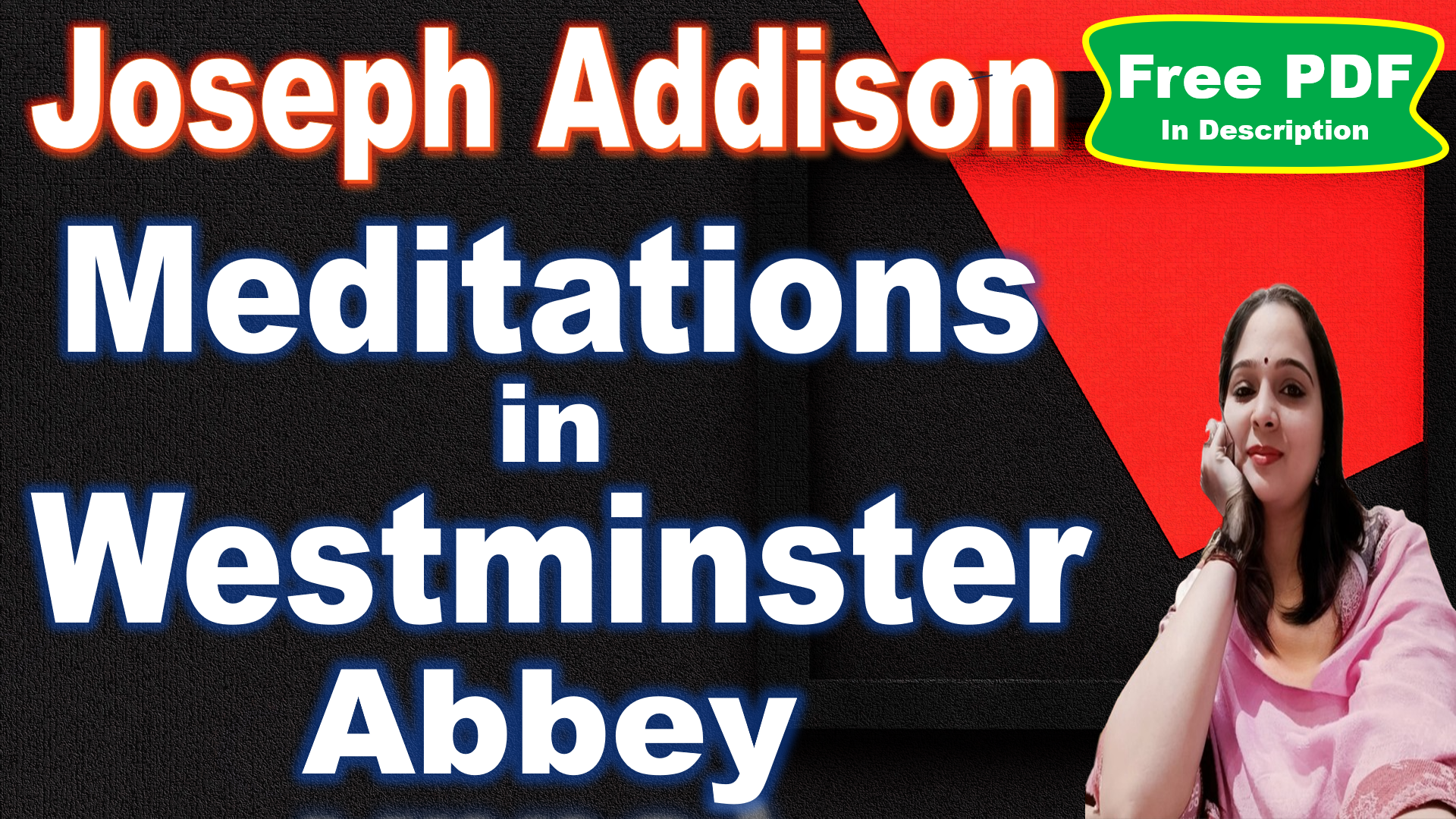On Going a Journey by William Hazlitt
One of the pleasantest things in the world is going a journey; but I like to go by myself. I can enjoy society in a room; but out of doors, nature is company enough for me. I am then never less alone than when alone.
“The fields his study, nature was his book.”
I cannot see the wit of walking and talking at the same time. When I am in the country I wish to vegetate like the country. I am not for criticizing hedge-rows and black cattle. I go out of town in order to forget the town and all that is in it. There are those who for this purpose go to watering-places, and carry the metropolis with them. I like more elbow-room and fewer incumbrances. I like solitude, when I give myself up to it, for the sake of solitude; nor do I ask for………..Continue
On Going a Journey by William Hazlitt: Video Explanation
On Going a Journey by William Hazlitt Summary
“On Going a Journey” was written by William Hazlitt as part of his essay collection Table-Talk, which was published in two volumes in 1822. The essay first appeared in the January 1822 issue of The New Monthly Magazine before being included in Table-Talk later that year.
William Hazlitt’s essay On Going a Journey (1822) explores the joy of traveling alone. He argues that journeying solo offers freedom, solitude, and deep personal reflection—things that are often disturbed by the presence of company.
Hazlitt believes that when traveling, nature itself is enough company. He enjoys the freedom to think, observe, and feel without distractions. According to him, walking and talking at the same time ruin the experience. When in the countryside, he prefers to “vegetate like the country,” meaning he wants to relax and absorb nature without the need for conversation. He dislikes those who travel to escape the city but bring city habits with them, defeating the purpose of the trip.
The heart of a journey, Hazlitt says, is liberty—the ability to do what one pleases, when one pleases. Travel allows people to temporarily escape their daily worries, responsibilities, and even their own identity. He enjoys walking alone, laughing, running, and being lost in his thoughts. The simple experience of seeing a cloud or a flower can bring back forgotten memories and emotions. These private thoughts, he argues, should remain personal because explaining them to someone else would ruin their magic.
He acknowledges that some people prefer to travel with friends, as the writer Laurence Sterne once said, “Let me have a companion of my way.” However, Hazlitt disagrees. He finds that explaining thoughts and feelings to a travel companion takes away the natural beauty of the experience. Even discussing an observation—such as the scent of a bean field—can be frustrating if the other person does not share the same senses or enthusiasm. He prefers to let his thoughts flow freely rather than engage in forced conversation.
Despite his preference for solitude, Hazlitt admits that discussing food during a journey can be enjoyable. He finds excitement in planning supper at an inn and believes the fresh air enhances this pleasure. The experience of arriving at an old inn, enjoying a good meal, and reflecting on the day’s journey is, for him, one of life’s greatest joys. He values these moments so much that he does not want them diluted by casual talk.
While Hazlitt enjoys solo travel, he acknowledges that some journeys—such as visiting historical sites—are better with company. In such cases, conversation can enhance the experience. However, when traveling abroad, he finds that being with a companion helps deal with the strangeness of a foreign place. Although he enjoyed his first trip to France, he notes that the excitement of traveling fades over time and does not always blend smoothly with everyday life back home.
Ultimately, Hazlitt believes travel allows people to escape their usual selves, offering a temporary break from life’s burdens. However, he also suggests that no matter how enjoyable travel may be, home remains the place where people truly belong. He humorously concludes that he would love to travel forever—if only he could have another life to return home afterward.
This essay beautifully captures the joys of solitude, the power of nature, and the deep reflections that travel can inspire.





